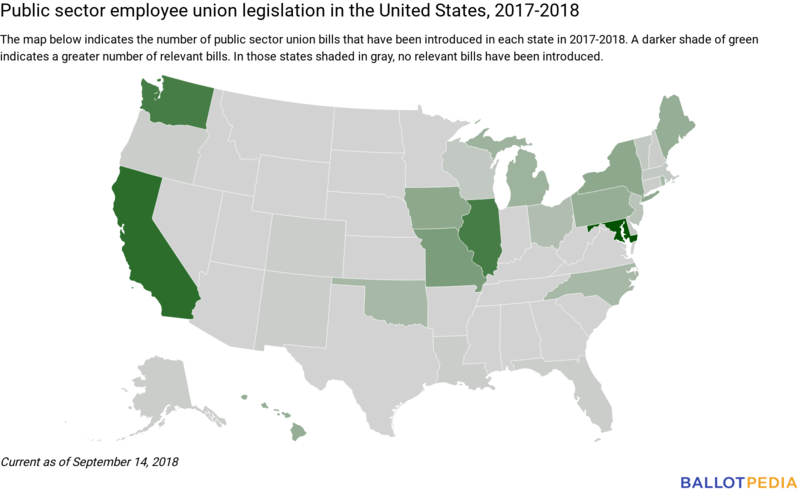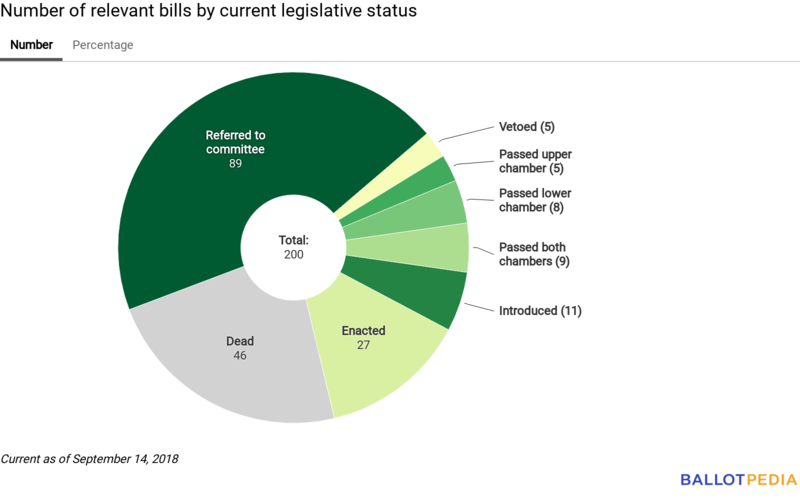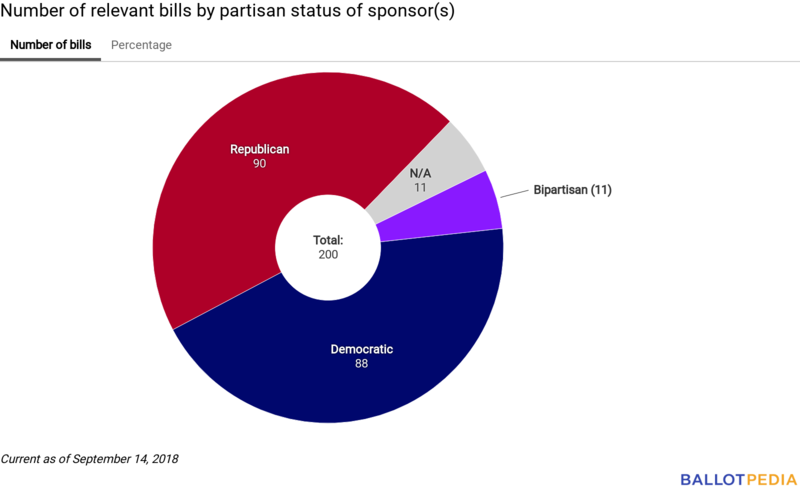Union Station: September 14, 2018
On June 27, the Supreme Court issued its 5-4 ruling in Janus v. American Federation of State, County, and Municipal Employees (Janus). The court ruled that public sector unions cannot require non-member employees to pay agency fees to cover the costs of non-political union activities. How are state attorneys general, generally responsible for providing legal advice to the states and enforcing state laws, responding to Janus?
Most state legislatures are either in recess or have adjourned for the year. This week, we take a closer look at Minnesota, where two state court employees recently received refunds for previously paid agency fees.
On Sept. 10, Teamsters Local 320 settled a lawsuit filed by two Minnesota state court employees, refunding all agency fees they had paid to the union since March 2017, plus interest. State officials added the plaintiffs, Carrie Keller and Elizabeth Zeien, to the Teamsters collective bargaining unit in March 2017. They were required to pay agency fees to the Teamsters although they declined to become dues-paying union members. (Source: Washington Examiner)
- The National Right to Work Legal Defense Foundation represented Keller and Zeien. The group also represented Mark Janus. Foundation President Mark Mix said, "These two workers are among the first of millions of government employees to finally receive justice for the violation of their rights. Thanks to the Foundation’s Janus Supreme Court victory, public sector workers can no longer be coerced into signing away their First Amendment rights to keep their jobs. The Foundation will continue to hold union officials accountable when they attempt to force workers into unconstitutional forced-fees schemes." (Source: National Right to Work Legal Defense Foundation)
- Teamsters Local 320 made no public comment on the settlement. Anne Giese, SEIU 1000’s chief counsel in a separate California lawsuit involving refunds of previously paid agency fees, said, "[Hamidi et al. v. SEIU Local 1000] and similar lawsuits around the country are the next phase of a coordinated and malicious effort to cripple unions and the rights of American working people. Local 1000 has always been, and continues to be, dedicated to adhering to any and all legal requirements including those handed down by the courts while vigorously working to protect the rights of our members." (Source: The Sacramento Bee)
What we've been reading:
- Bloomberg News, "Public Sector Union Fees Are Dead. What’s Next?" Sept. 13, 2018
- Politico, "Union leaders move to keep Kavanaugh from Supreme Court," Sept. 12, 2018
- Fox News, "Workers say unions defying Janus ruling, threaten new court action," Sept. 11, 2018
- The National Law Journal, "Mandatory Bar Dues Face New Questions After Justices Curtail Union Fees," Sept. 10, 2018
The big picture
States in session: As of Sept.14, only New Jersey's legislature is in regular session. Legislatures in Ohio, Massachusetts, Missouri, New Hampshire, and Virginia are in special session. The remaining state legislatures are either adjourned or in recess.
Number of relevant bills by state
As of Sept. 14, we are tracking 200 pieces of legislation dealing with public sector employee union policy. No new bills were tracked this week. On the map below, a darker shade of green indicates a greater number of relevant bills. Click the map for complete information.
Number of relevant bills by current legislative status
Number of relevant bills by partisan status of sponsor(s)
Recent legislative actions
Below is a complete list of legislative actions on relevant bills in the past week. Bills are listed in alphabetical order, first by state and then by bill number. Because some state bill tracking systems are not updated in real time, some actions may have occurred more than a week ago.
- California AB1833: This bill would protect public employers from liability for any legal claims involving agency fees paid to unions before June 27, 2018. This bill would also deny standing to current or former employees pursuing such claims. The bill's provisions would apply to any pending litigation.
- On Aug. 30, this bill was ordered to the inactive file, the legislature's file for dead or dormant bills. A similar bill, SB846, was approved by both chambers of the legislature and is awaiting the governor's signature.
See also
| |||||||||||||||||||||||





